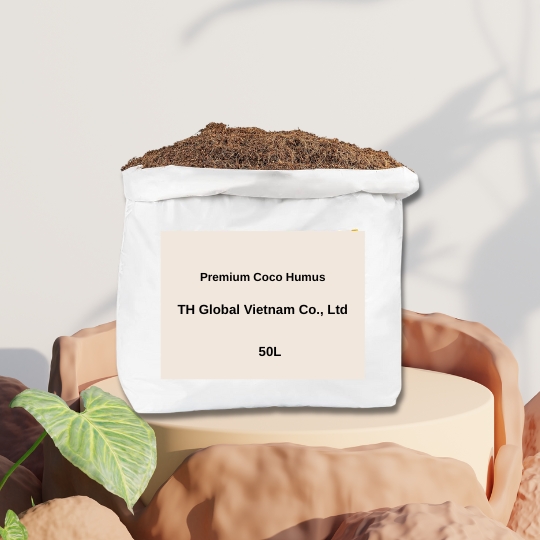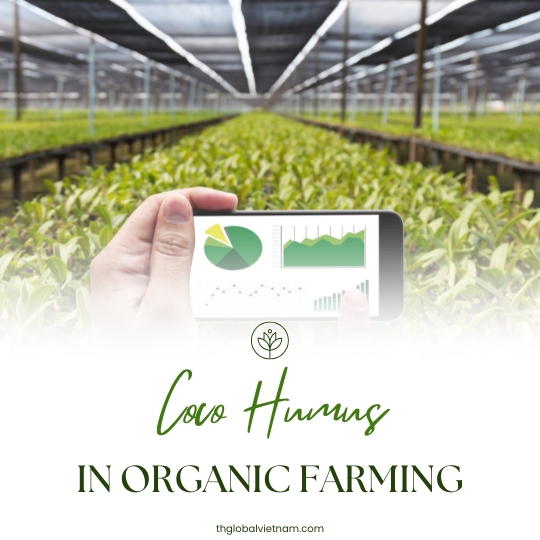Farmers around the world are shifting from chemical-heavy practices to more sustainable methods that protect soil health and the environment. One natural solution gaining recognition is Coco Humus—a composted product made from coconut husks. By supporting Coco Humus in organic farming, growers are improving yields while reducing dependence on synthetic fertilizers. In this article, we’ll explore how Coco Humus works, its benefits, and why it’s becoming a trusted alternative to chemicals.
Coco Humus is produced by composting coconut coir (the husk fibers). The result is a fine, organic material rich in microbial activity and moisture-retentive properties. Unlike chemical fertilizers that provide a short nutrient burst, Coco Humus Organic Farming solutions enhance soil structure and fertility long term.
Benefits of Coco Humus for Organic Farming
Improves Soil Structure
Coco Humus loosens compacted soils and enhances aeration, allowing roots to expand and absorb nutrients more effectively.
Enhances Water Retention
In dry regions, Coco Humus acts like a sponge, holding water longer and reducing irrigation frequency.
Boosts Microbial Activity
Healthy soil depends on microorganisms that recycle nutrients. Coco Humus creates a balanced environment for these microbes to thrive, naturally improving fertility.
Chemical-Free and Sustainable
Because it’s derived from coconut waste, Coco Humus for organic farming is renewable, biodegradable, and free from harmful residues—meeting strict organic certification standards.
According to FAO’s sustainable agriculture guidelines, organic inputs like Coco Humus are key to building resilient food systems.

Crops That Benefit from Coco Humus
- Leafy greens: Consistent hydration and tender leaves
- Tomatoes and peppers: Reduced blossom-end rot and better fruiting
- Root crops: Looser soil leads to straighter carrots and beets
- Strawberries and herbs: Enhanced flavor and longer shelf life
For details, read: Top Crops That Thrive with Coco Humus.
How to Use Coco Humus in Organic Farming
- Soil amendment: Mix 30–50% Coco Humus into the topsoil before planting.
- Mulching: Spread a layer around crops to conserve moisture and suppress weeds.
- Greenhouse production: Use as part of organic potting mixes or grow bags.

~에 TH 글로벌 베트남, we supply bulk Coco Humus with customizable packaging for farmers, importers, and distributors.
Coco Humus Organic Farming practices are helping growers reduce chemical use while improving soil health and crop quality. Its benefits—better water retention, nutrient efficiency, and microbial activity—make it a sustainable alternative to synthetic fertilizers.
Whether you’re a farmer adopting organic methods or an importer supplying eco-friendly inputs, Coco Humus is a natural choice for sustainable agriculture.
Explore premium Coco Humus options at TH 글로벌 베트남.

